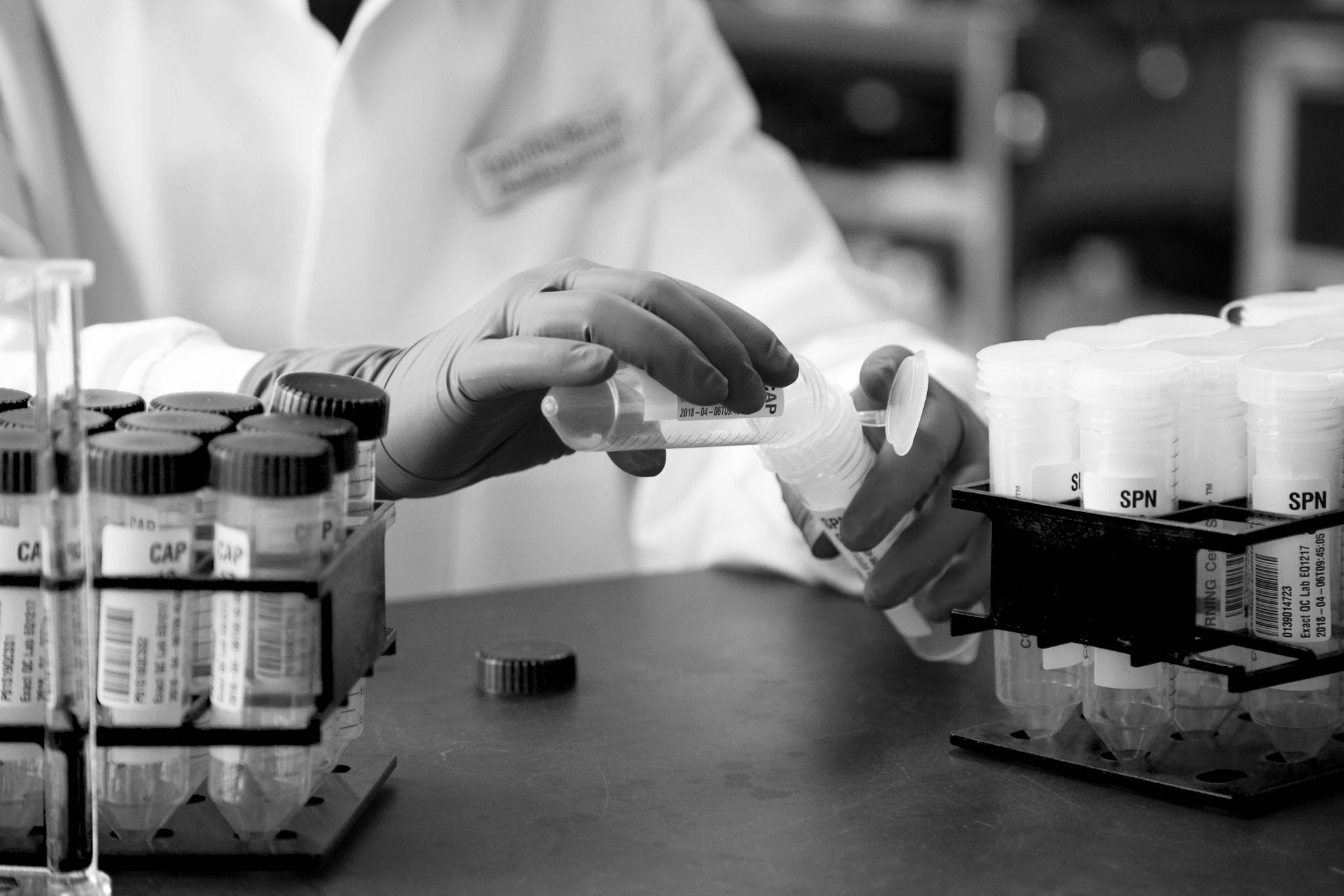
Exact Sciences has signed a collaboration agreement with the National Surgical Adjuvant Breast and Bowel Project (NSABP) to carry out a validation study of its circulating tumour DNA (ctDNA) test.
Named CORRECT-MRD II, the prospective, multi-centre study will assess the test’s ability to detect minimal residual disease (MRD) and predict cancer recurrence in stage II and III colorectal cancer (CRC) patients.

Discover B2B Marketing That Performs
Combine business intelligence and editorial excellence to reach engaged professionals across 36 leading media platforms.
The study will involve nearly 750 patients at 35 sites across the US and Canada.
Exact Sciences and the NSABP are collaborating with Fight Colorectal Cancer, a patient advocacy organisation, on MRD study designs and possible participation barriers, especially in underserved populations.
CORRECT-MRD II is part of the company’s international initiative to gather validation data for the tumour-informed MRD liquid biopsy test, Exact Sciences noted.
The test combines the tumour-informed approach with whole-genome sequencing to spot somatic genetic changes in DNA obtained from a patient’s tumour tissue. It identifies a subset of these mutations in ctDNA in the patient’s blood.

US Tariffs are shifting - will you react or anticipate?
Don’t let policy changes catch you off guard. Stay proactive with real-time data and expert analysis.
By GlobalDataExact Sciences is developing the MRD test to identify ctDNA in solid tumour patients before, during and after the treatment of their cancer.
Test results could guide adjuvant or neoadjuvant treatment decisions and/or help track recurrence after treatment, along with additional clinicopathological findings.
More than 1.5 million patients in the US are expected to benefit from such MRD testing.
Exact Sciences precision oncology chief medical officer Rick Baehner said: “Our longstanding relationship with the NSABP, through our work to develop and validate the Oncotype DX Breast Recurrence Score and Colon Recurrence Score tests, represents a remarkable collaboration between academic and industry partners.
“NSABP’s expertise in colon research makes them ideal collaborators to conduct this important MRD study in colorectal cancer.”
The company anticipates the MRD test to be complementary to the predictive and prognostic insights offered by its Oncotype portfolio, thereby aiding treatment decisions.
Exact Sciences plans to test its MRD technology across all types of solid tumours.
Last month, Exact Sciences reported positive data of its Oncoguard Liver liquid biopsy test’s sensitivity and specificity performance in a validation study.





